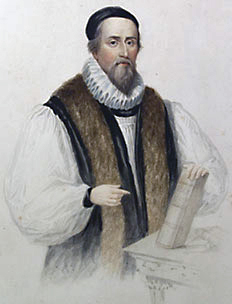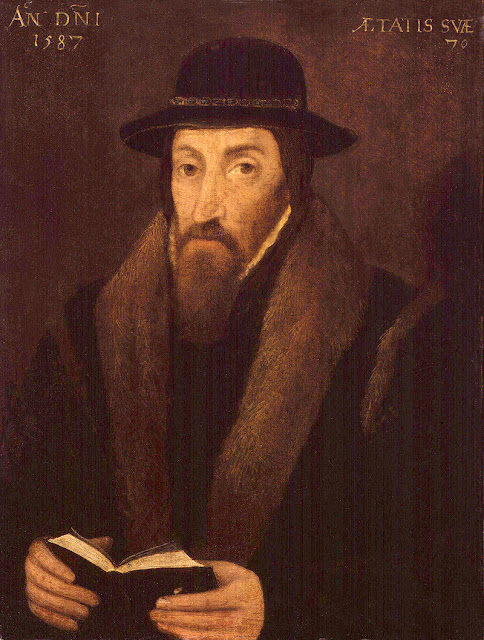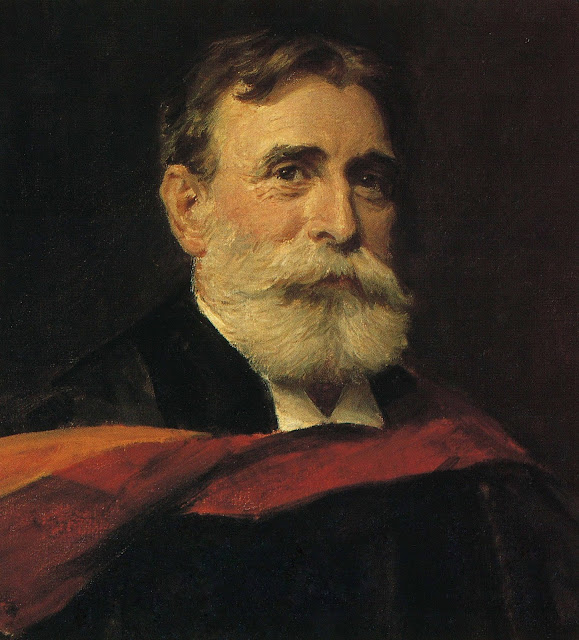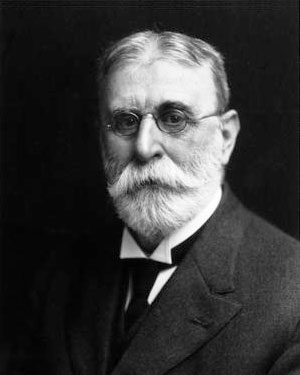Posts
Showing posts from January, 2020
Fox's Book of Martyrs: The Rev. Mr. George Marsh
- Get link
- X
- Other Apps
Fox's Book of Martyrs: Dr. Robert Farrar
- Get link
- X
- Other Apps
Fox's Book of Martyrs: Martyrdom of Tomkins, Pygot, Knight, Lawrence, Hunter, and Higbed.
- Get link
- X
- Other Apps
Fox's Book of Martyrs: Dr. Rowland Taylor of Hadley
- Get link
- X
- Other Apps
Recommended Sermon: Pergamum: The Church that Compromised
- Get link
- X
- Other Apps
Fox's Book of Martyrs: Mr. John Hooper, Bishop of Worcester and Gloucester
- Get link
- X
- Other Apps
Fox's Book of Martyrs: The Rev. Mr. Lawrence Saunders.
- Get link
- X
- Other Apps
Fox's Book of Martyrs: The words and behaviour of the lady Jane upon the Scaffold.
- Get link
- X
- Other Apps
FOX'S BOOK OF MARTYRS: PERSECUTIONS IN ENGLAND DURING THE REIGN OF QUEEN MARY.
- Get link
- X
- Other Apps
Recommended Sermon: 'Finding Grace in a Pluralistic Society'
- Get link
- X
- Other Apps
English Reformation: Anne Boleyn's Faith
- Get link
- X
- Other Apps
English Reformation: Queen Anne Boleyn
- Get link
- X
- Other Apps
English Reformation: 'Katherine Parr – an Influential Queen'
- Get link
- X
- Other Apps
English Reformation: 'Katherine Willoughby, the Puritan Duchess (1519-80)'
- Get link
- X
- Other Apps
Warfield, Benjamin Breckinridge (1851–1921)
- Get link
- X
- Other Apps
B. B. Warfield – Not a Solitary Theologian
- Get link
- X
- Other Apps



















